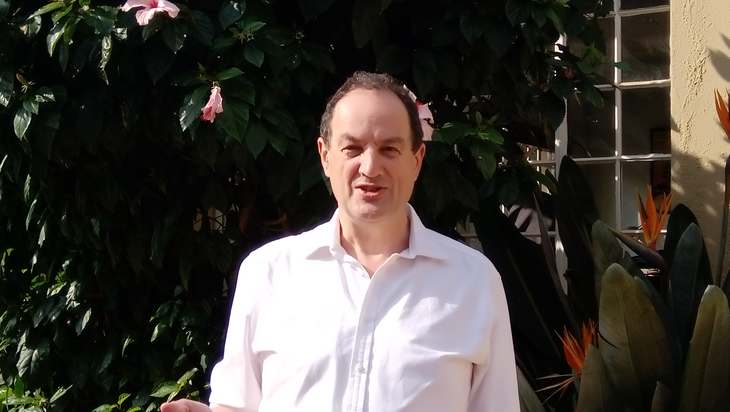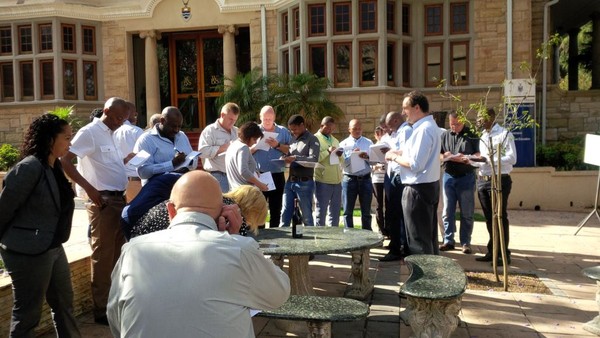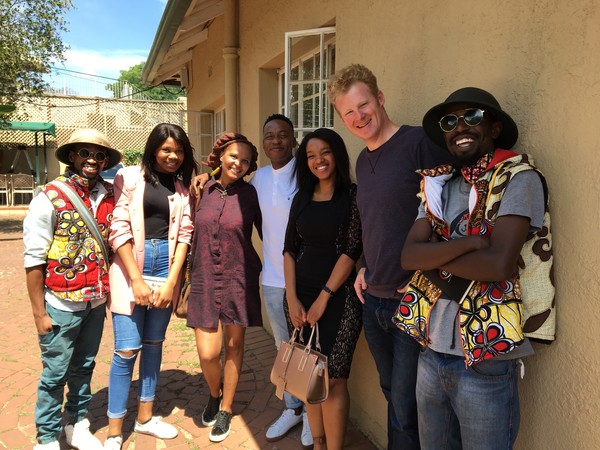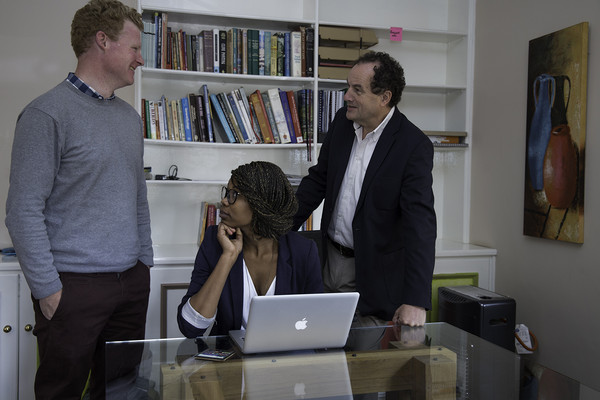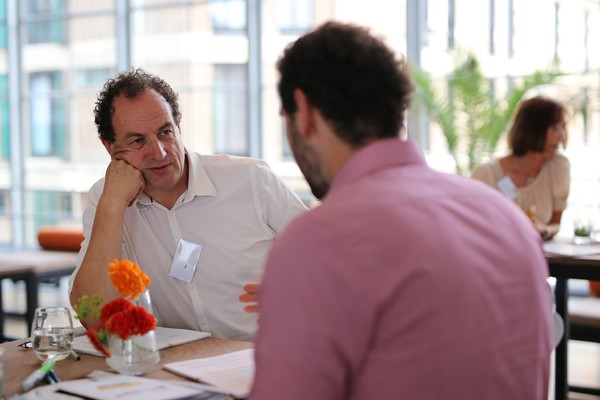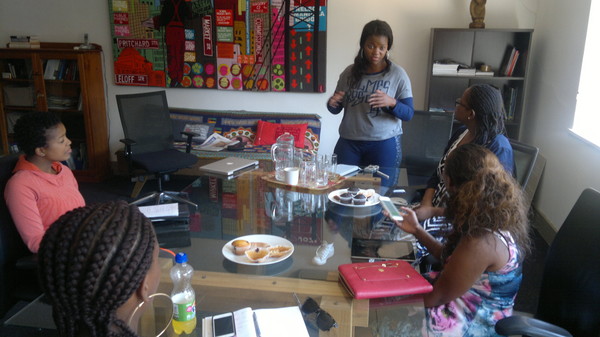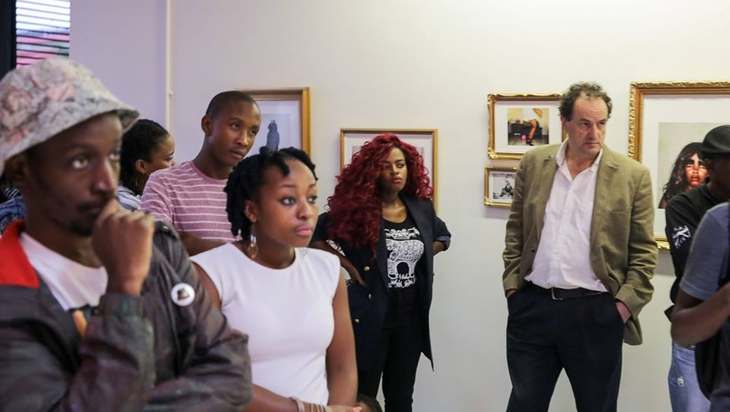Mark Turpin
About me and my work
Mark Turpin is an Executive Coach, Mediator, Organisational Development Consultant and Lecturer based in Johannesburg with over 30 years management experience around the world. He works with a wide range of companies, NGOs and government departments, and acts as a confidential adviser to senior people in government and the private sector.
Mark lectures on programmes at the Wits Business School, focusing on leadership, knowledge management and organisational dynamics. He brings an appreciative approach to create dynamic learning scenarios, and coaches executives and senior teams on transformational journeys.
Mark facilitates a number of communities of practice, in which groups of people come together on a regular basis to create dynamic learning communities.
Mark has an MBA (Wits Business School), an MSc (London University) and is a certified leadership coach. He is also an accredited mediator with Conflict Dynamics (Johannesburg) and the Centre for Effective Dispute Resolution (London).
Current passions
Fascinated by the changing 'world of work', Internet of Things, Collaborative Commons - and very stimulated in particular by Jeremy Rifkin's book 'The Zero Marginal Cost Society'.
Intrigued by the need to build ethics and integrity in the workplace, and a collaborator with Ethics Monitor (www.ethicsmonitor.co.za).
Also, a student of South African politics and society.
Supporter of the International Campaign against Nuclear Weapons (www.icanw.org) and of the UN Treaty for the Prohibition of Nuclear Weapons.
I work with the MarketPhotoWorkshop to support a bursary & mentorship programme for young photographers in Johannesburg (www.marketphotoworkshop.co.za). You can here us speaking about it here:
Cry the Beloved Country
News and blogs
-
 10-16-2025 / News / View in Dutch
10-16-2025 / News / View in DutchArtikel over relationeel ontwerpen tijdelijk gratis te downloaden
Relationeel ontwerpen draagt bij aan het succes van een leertraject, doordat de mensen die erbij betrokken zijn een gemeenschappelijk beeld hebben van het leervraagstuk en hoe zij het leren het beste kunnen ondersteunen. In het artikel over relationeel onwerpen delen zij praktische methodes om relationeel te ontwerpen en geven zij concrete voorbeelden uit hun eigen praktijk als ontwerper. Het artikel is gedurende twee weken gratis te downloaden. -
 10-13-2025 / Blogs / View in Dutch
10-13-2025 / Blogs / View in DutchDe Verander Express – een reis door het landschap van verandering
De Verander Express is een interactieve denk- en doewerkplaats, waarin je met elkaar onderzoekt wat veranderen eigenlijk betekent. Niet met dikke plannen of modellen, maar door stil te staan bij vijf thema’s die altijd meereizen in verandering: plezier, macht, onvoorspelbaarheid, leiderschap en participatie. -
 10-09-2025 / Blogs / View in Dutch
10-09-2025 / Blogs / View in DutchWie neemt deel aan een Development Center
Het motto van een Development Center is: werken aan organisatieontwikkeling door te investeren in persoonlijke groei. Bij een leerinterventie waarin deze beide leerdoelen belangrijk zijn, is een relevante vraag: wie gaan in de beweging die je voor ogen hebt het verschil maken? Welke (groep) collega’s kun je eigenlijk niet missen als het gaat om het vormgeven van de nieuwe, gewenste toekomst? Het ontwerpen van een Development Center begint dan ook met deze stap: het bepalen van de sleutelspelers.
Contact
Curious to learn more about Kessels & Smit?
Get in touch with Mark Turpin
